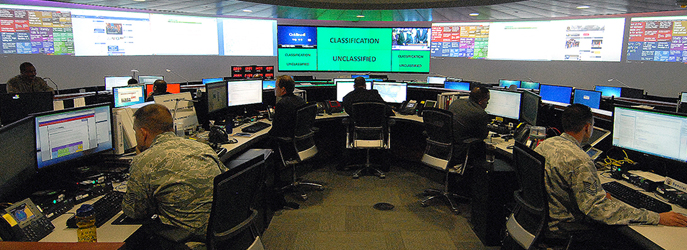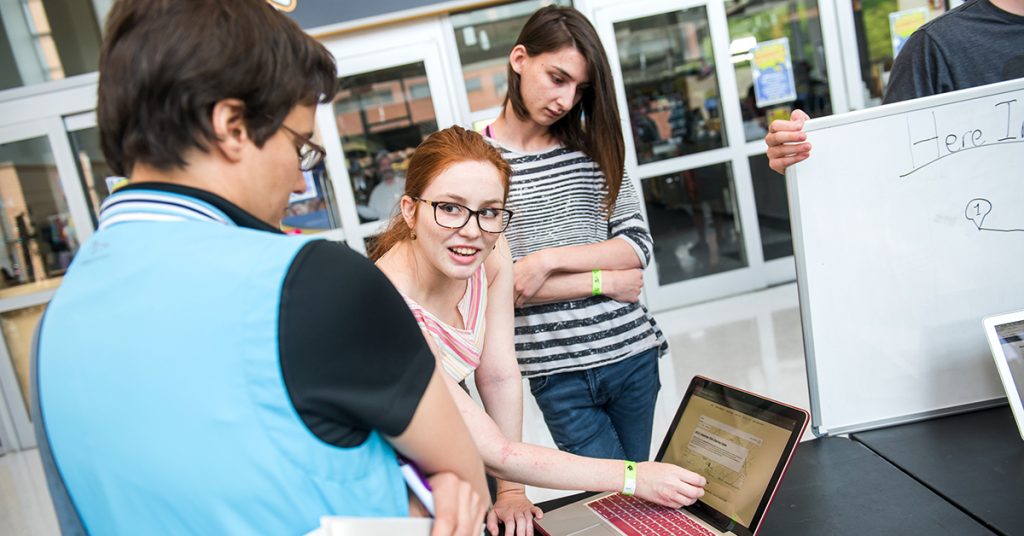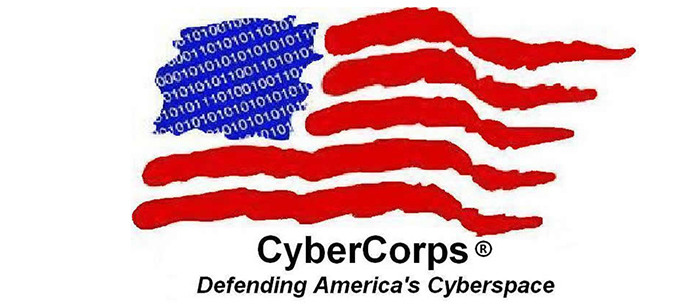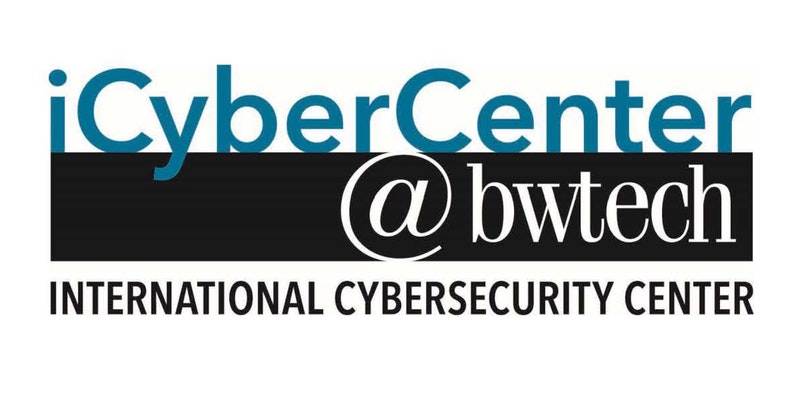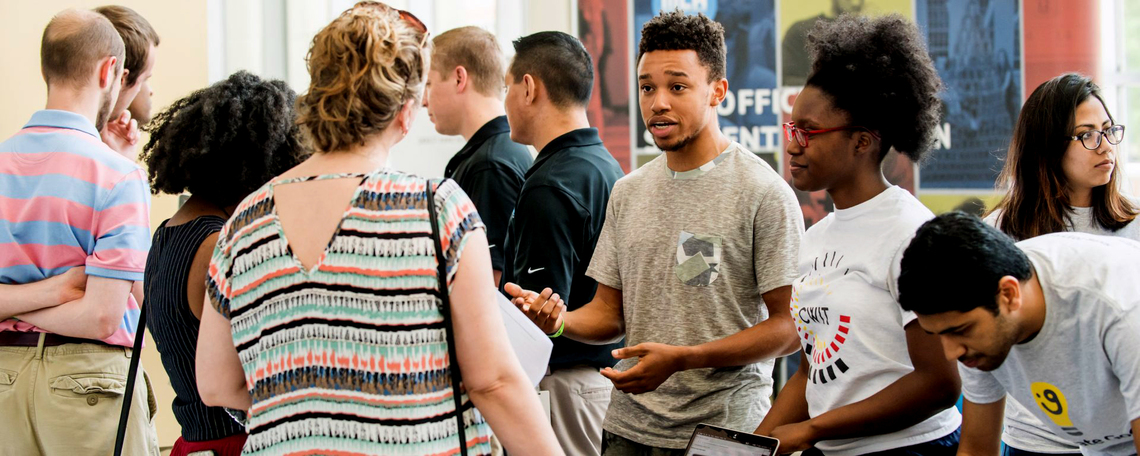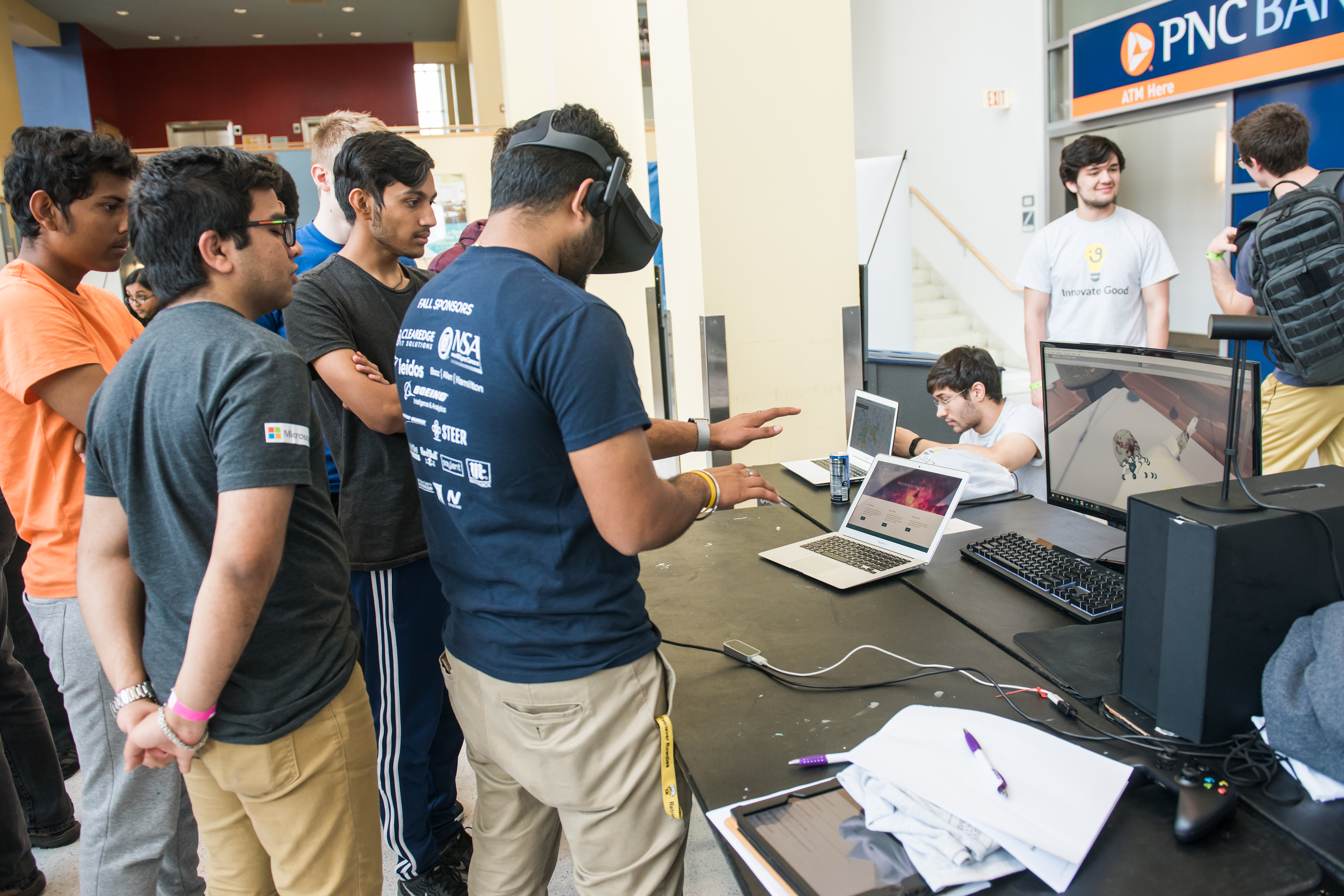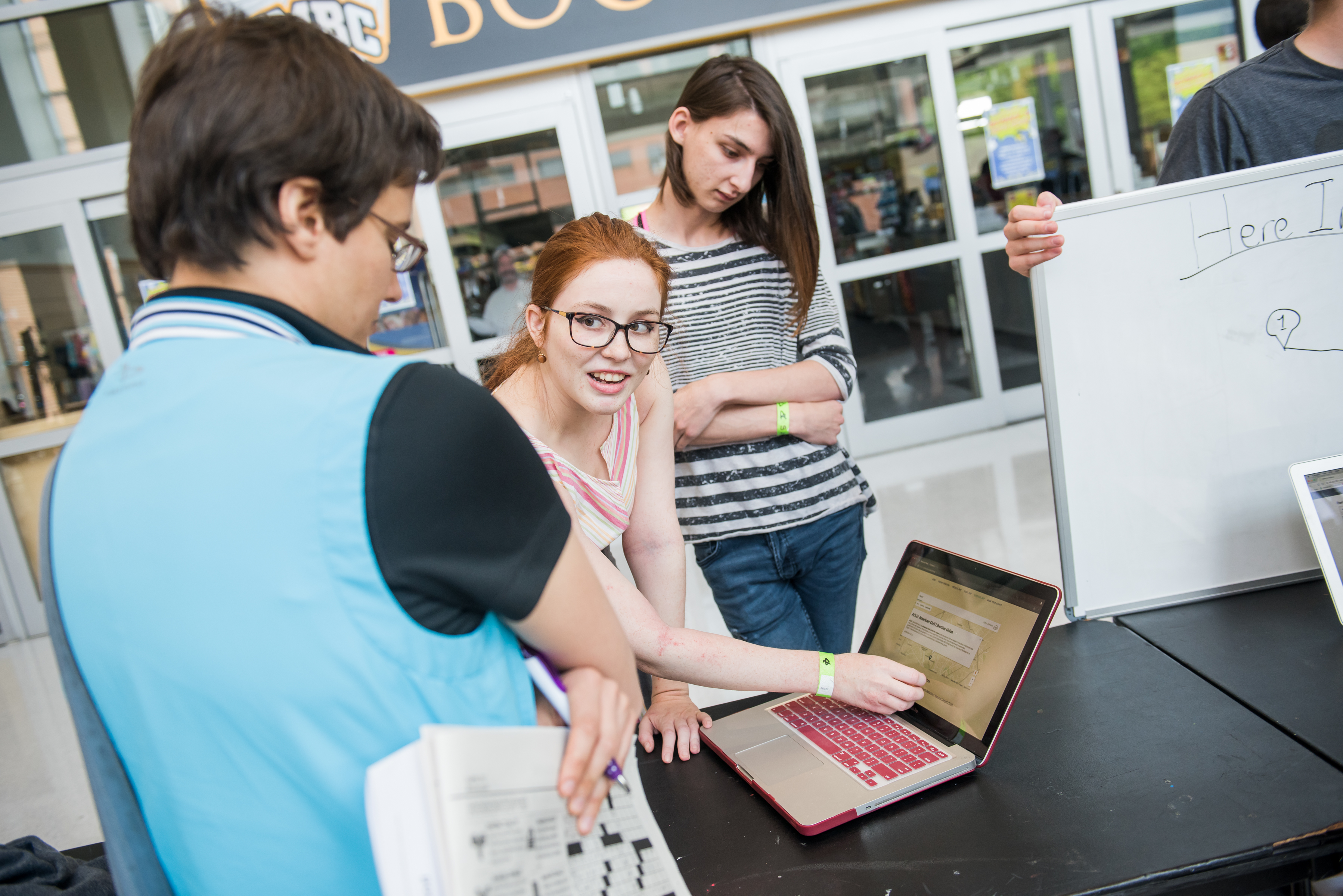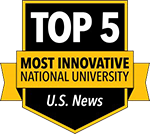
Baltimore Sun highlights UMBC programs that prepare students for high-demand careers
The latest special section on education in The Baltimore Sun highlights several UMBC programs that prepare students to succeed in careers in rapidly growing and already high-demand industries. The Sun highlights how the flexibility of these programs makes them particularly accessible and valuable to students, allowing students to tailor their pathway to match specific areas of interest.
Marc Olano, associate professor of computer science and electrical engineering and director of the game development track in computer science, described UMBC’s multiple pathways for learning game development. “We created two programs, the game development track in computer science and the animation and interactive media concentration in visual arts,” he explained. “In both cases, the students get a degree in the primary discipline, a B.S. in computer science or a B.A. or B.F.A. in visual arts,” he noted. The “track” system helps students focus their electives specifically on skills “that are used in the games industry.”
Jacqueline Wojcik ‘17, visual arts, who completed a concentration in animation and interactive media and a minor in computer science, shared her experience as a member of UMBC’s Game Developers Club. Collaborating with other students in the club helped her apply skills she learned in the classroom to other creative opportunities. For the coming year, Wojcik has received a Fulbright research grant to complete an innovative project in Oslo, Norway. “I will create digital models from two Viking Age ship burials and then place in interactive, game-like environments so that people can see how the artifacts would have used in the lives of their owners,” she told the Sun. “The project will explore the intersection of games, learning and archeological visualization.”
The education section also highlighted UMBC programs in health information technology and cybersecurity.
The health IT program prepares professionals with backgrounds in computer science, information systems, and health care for growing opportunities in work to prevent medical errors, improve care delivery, and address other major health care challenges through technology. “Not only does it provide students with technical information technology skills, but it also provides a pragmatic understanding of the health care system, which has its own terminology,” explains Krystl Haerian ‘99, biological science, an instructor in the program.
Laura Humber ‘16, health administration and policy, a current student in the health IT master’s program, says that she didn’t think she would end up pursuing an advanced degree in such a technical-sounding field, but she came to realize it could help her take the next steps in a research career focused on addressing opioid addiction. “People think when you say, ‘IT’ that you’re dealing with computers, but it’s making computers work for you and get you the information you need,” Humber explained.
Rick Forno, assistant director of UMBC’s Center for Cybersecurity and director of the graduate cybersecurity program, described in the Sun how UMBC’s cybersecurity graduate programs are also designed work across fields and to connect students with skills that will help them advance their careers. He noted that at UMBC, studying cybersecurity can include courses in economics, public policy, and biotechnology. “Pick a field or major, and cybersecurity applies to it,” he said. “It really is interdisciplinary.”
Students are encouraged to tailor the program to their interests, and gain experience through research and internship opportunities, so they can explore the full range of career opportunities available to them.“You can go to grad school and get a degree and get a job,” Forno reflected. “But we want you to be a professional. You can do more than just your degree. There’s depth to what we offer.”
Read the full education section in The Baltimore Sun.
This post was adapted from a UMBC News artcle written by Megan Hanks. Banner image: The game developers club display in House of Grit at UMBC’s 50th Anniversary celebration. Photo by freelance photographer.
